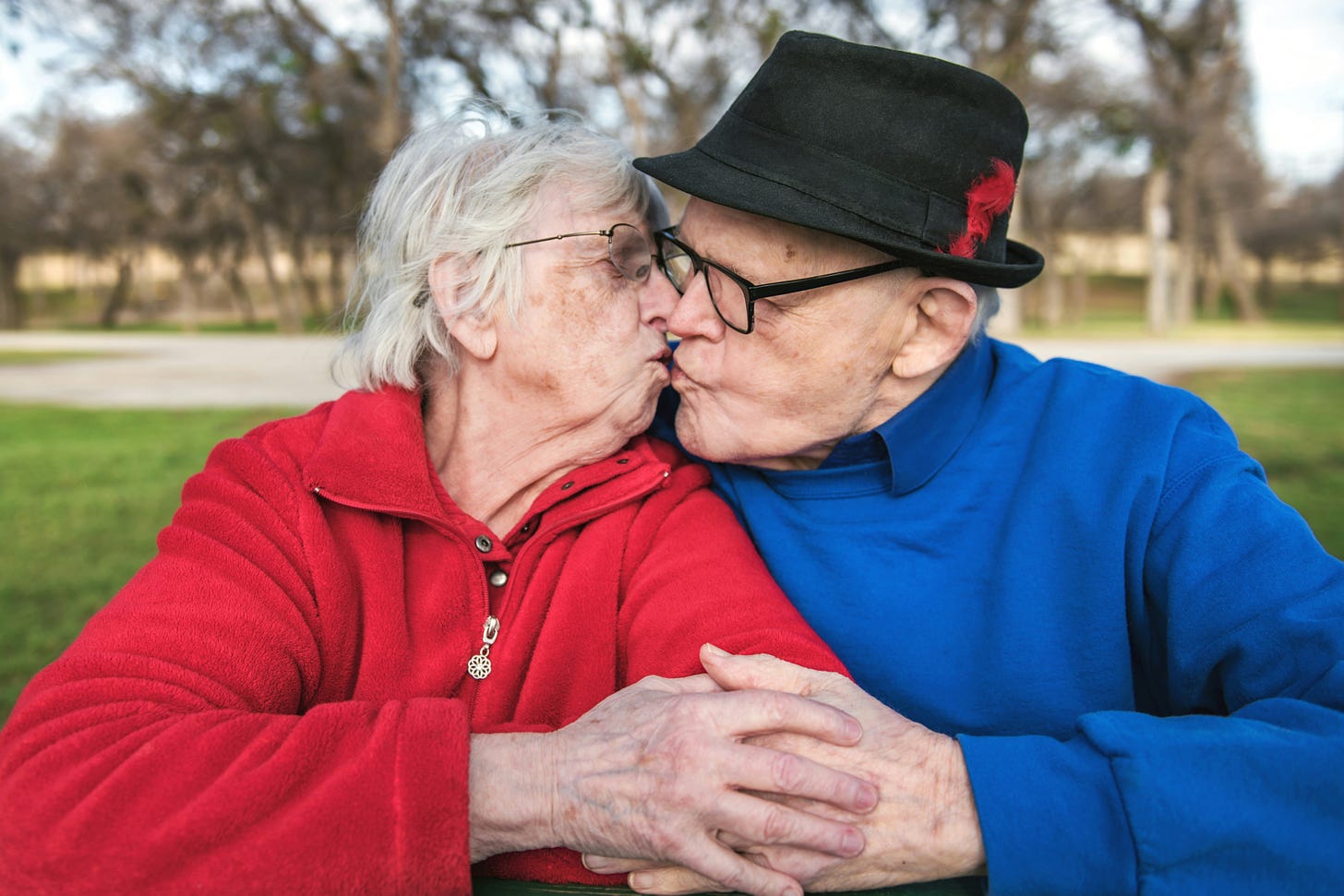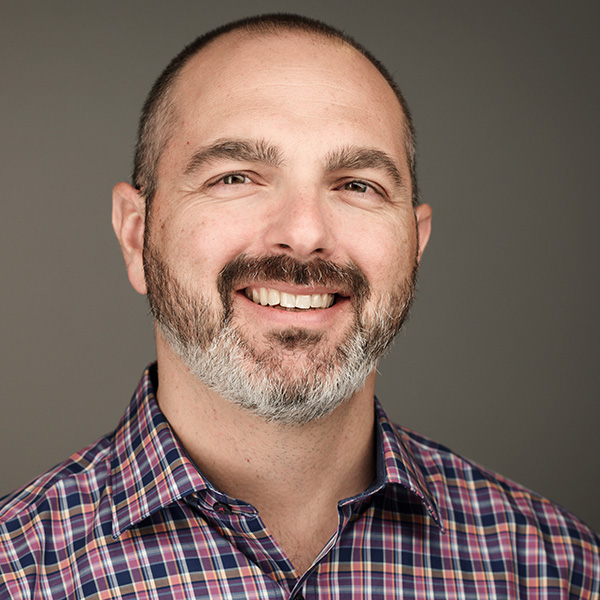Yes, Virginia, There is Sex After Sixty
Photo by Tim Mossholder on Unsplash+
You might think that after 40+ years of having sex, craving sex, obsessing over sex, dressing for sex, dreaming of sex, talking about sex, joking about sex, getting anxious about sex, enjoying sex, pretending to enjoy sex, feeling guilty about sex, feeling embarrassed about sex – perhaps older adults might be ready to say, “Enough, already.”
That attitude certainly conforms with certain pervasive and offensive stereotypes about old age – the ones that regard anyone older than 60 (except for a few venerable box office draws) as sexless, used-up fossils.
The numbers tell a different story.
A survey in England finds that 86% of men and 60% of women in their 60s call themselves sexually active. By their 70s, it’s 59% of men and 34% of women. In the U.S., among people ages 75-85 who described themselves as sexually active, more than half reported having sex two or three times monthly, and 23% said they had sex one or more times weekly. Even after discounting for male bragging, the numbers paint a picture that diverges radically from common (ageist) assumptions.
It should be obvious what is going on here: As bona fide Baby Boomers, members of the generation that discovered sex, we have a reputation to uphold.
We’re even adapting to modern times by using online dating apps. On one such app, Feeld, membership among the 60-and-up crowd has increased 340% since 2022. On Match.com, the 50-plus population comprise 26% of all users. A Pew Research study found that one in five singles in their 50s has used Tinder.
Better Sex!
Evidence suggests that having positive thoughts about sex produces more and better sex. For the Midlife in the U.S. study, hundreds of partnered adults ages 45 and up were asked how satisfying they expected their sex lives to be in 10 years. Ten years later, when researchers followed up, the optimists reported having more frequent and more satisfying sex than those with lower expectations. A 2017 poll by the University of Michigan found 54% of adults aged 65 to 80 said sex was important for their overall quality of life.
According to the National Institute on Aging (NIA), many older couples find greater sexual satisfaction than they did when they were younger. On its face, that statement sounds implausible. No one denies that age can bring any number of illnesses and physical changes that can and do impede sexual activity. The NIA even presents a long alphabetical list of complications, from alcohol and arthritis through Stroke and surgery.
Despite the impediments, the people who enjoy sex well past midlife seem to be those with the most creativity and flexibility. Janie Steckenrider, a professor of political science at Loyola Marymount College, notes that many people assume “that the term sex refers only to partnered sex and intercourse, which is not the reality for many older adults who adapt their sexual activity because of erectile dysfunction, vaginal dryness, arthritis, mobility limitations, effects of medication, or serious health conditions.” Some alternatives to penetrative sex, she writes, include oral sex, kissing, fondling, and masturbation.
Now the Bad News
Age may be no barrier to having sex, but it’s also no barrier to having sexually transmitted infections (STIs). In the decade from 2012 to 2022, rates of syphilis, gonorrhea, and chlamydia among people 55 and older more than doubled, according to the Centers for Disease Control and Prevention. The number of older adults infected with HIV, the virus that causes AIDS, is also growing. HIV may be out of the headlines, but it’s not out of the human ecosystem. Safe sex would prevent these infections, but many older adults don’t think they need protection because they’re too old to get pregnant.
Also – and this may be a bigger issue – they don’t talk about sex with their doctors. Why? Because many doctors buy into that ageist thinking. It does not occur to them that adults of a certain age are still sexually active. In most cases, any doctor-patient discussion happens at the patient’s initiative. Professor Steckenrider argues that doctors should be more proactive and make sexual health a part of routine health care. But if you still have an active sex life, you may have to start a frank and open conversation with your physician. Until more doctors change their perspectives on old age, the onus is on you.
So hurray for sex, in all its many-splendored variations! May you continue enjoying it for as long as you want. But let’s be careful out there.
























